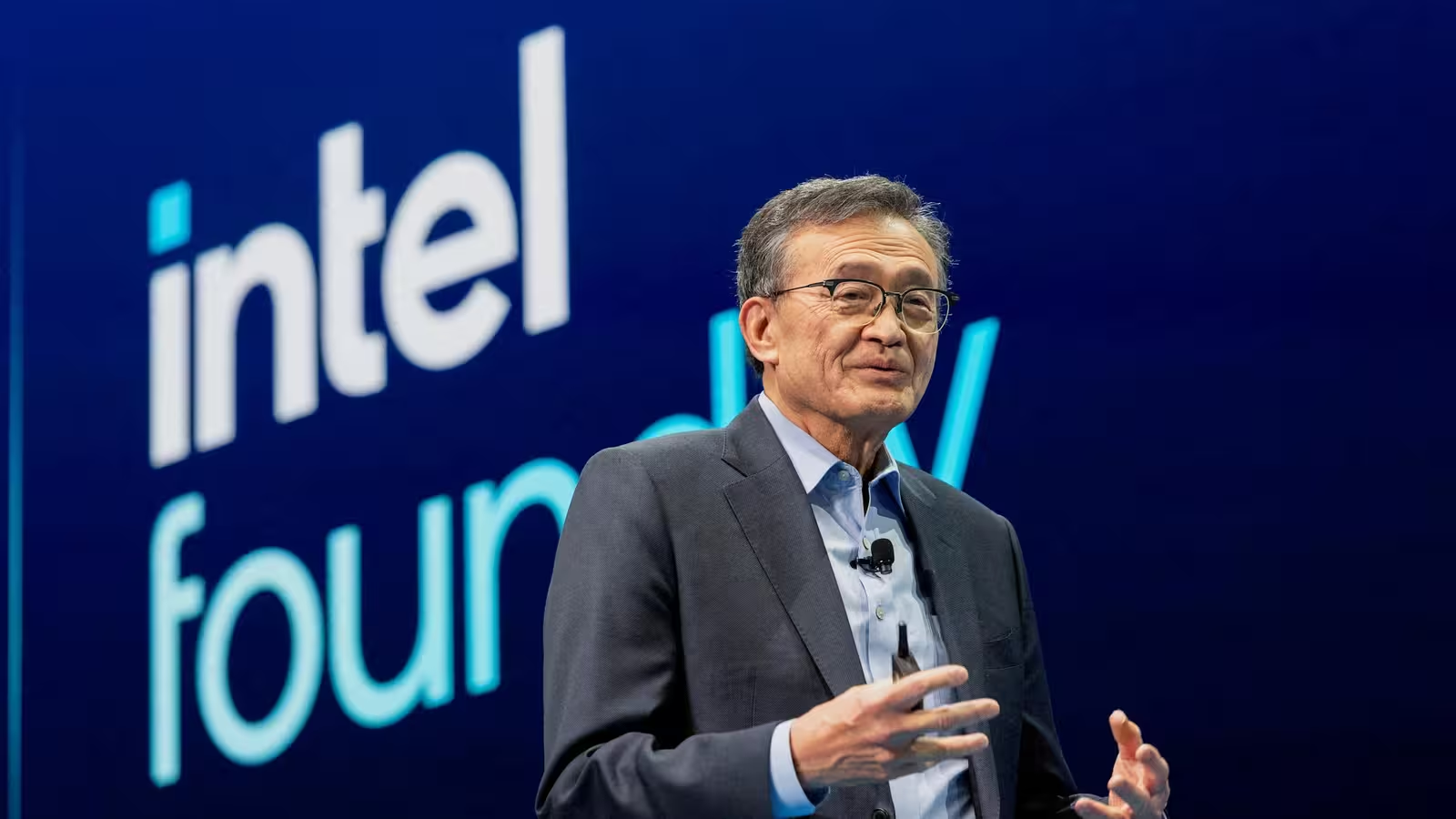4 Minutes
In a high-stakes intersection of technology, policy, and leadership, Intel chief Lip-Bu Tan responded to public scrutiny sparked by a presidential critique. After former U.S. president Donald Trump labeled him as conflicted and urged resignation, Tan addressed Intel staff to reaffirm his commitment to legal and ethical standards. He also noted ongoing engagement with the White House to clarify the facts surrounding the concerns raised.
Trump’s demand and Tan’s response
The call for Tan’s removal emerged in a politically charged moment amplified by a Trump post on Truth Social. The push reportedly traces back to a letter from Senator Tom Cotton, head of the Senate Intelligence Committee, which expressed concerns about the security and integrity of Intel’s operations and touched on Tan’s past work in China. In his staff memo, Tan emphasized his adherence to the highest legal and ethical standards and pledged continued cooperation with authorities to address questions and ensure accurate information is available.
China ties and investments
Tan’s personal investment activity in Chinese technology firms through his own venture capital firm has added a layer of complexity to the controversy. Among the investments is Semiconductor Manufacturing International Corp. (SMIC), China’s largest chip maker, highlighting how external business interests can become a focal point in debates over national security and supply-chain resilience in the semiconductor sector.
Export controls case
Separately, a company led by Tan before his Intel tenure admitted to violating U.S. export controls by unlawfully exporting semiconductor design tools to a restricted Chinese military university. The Department of Justice described the incident as a serious breach, and the company agreed to plead guilty along with penalties totaling more than $140 million. The case underscores the ongoing tension between innovation, global collaboration, and export-control enforcement in the tech industry.
Intel’s strategic path under Tan
Tan inherited a demanding slate at Intel, particularly in the foundry business where the company has struggled to keep pace with rivals such as TSMC. Since taking the helm, he has initiated aggressive cost-cutting measures and flagged the possibility of pausing or reworking next-generation fabrication technologies if large-scale customer demand does not materialize. Despite the pressures, Tan stressed that Intel’s board remains fully supportive of the strategic direction aimed at stabilizing operations and protecting long-term competitiveness.
Market implications and industry context
The episode highlights broader dynamics shaping the global semiconductor landscape, including geopolitics, export controls, and cross-border investments in tech. Intel’s ongoing efforts to scale its foundry capabilities and win major customers are central to the industry’s health, given the importance of a robust supply chain for consumer electronics, data centers, and AI workloads. Analysts are watching whether political scrutiny will influence corporate governance and investment decisions, and how U.S. policy will steer collaboration with partners in Asia while safeguarding national security.
From a product and market perspective, the case raises questions about the competitive edge in semiconductor manufacturing, the value of cost discipline, and the potential strategic shifts in fab technology adoption. For customers and industry observers, the situation emphasizes the need for transparency, consistent governance, and resilient supplier ecosystems as the chip market navigates rapid innovation and regulatory oversight.
Source: engadget


Leave a Comment